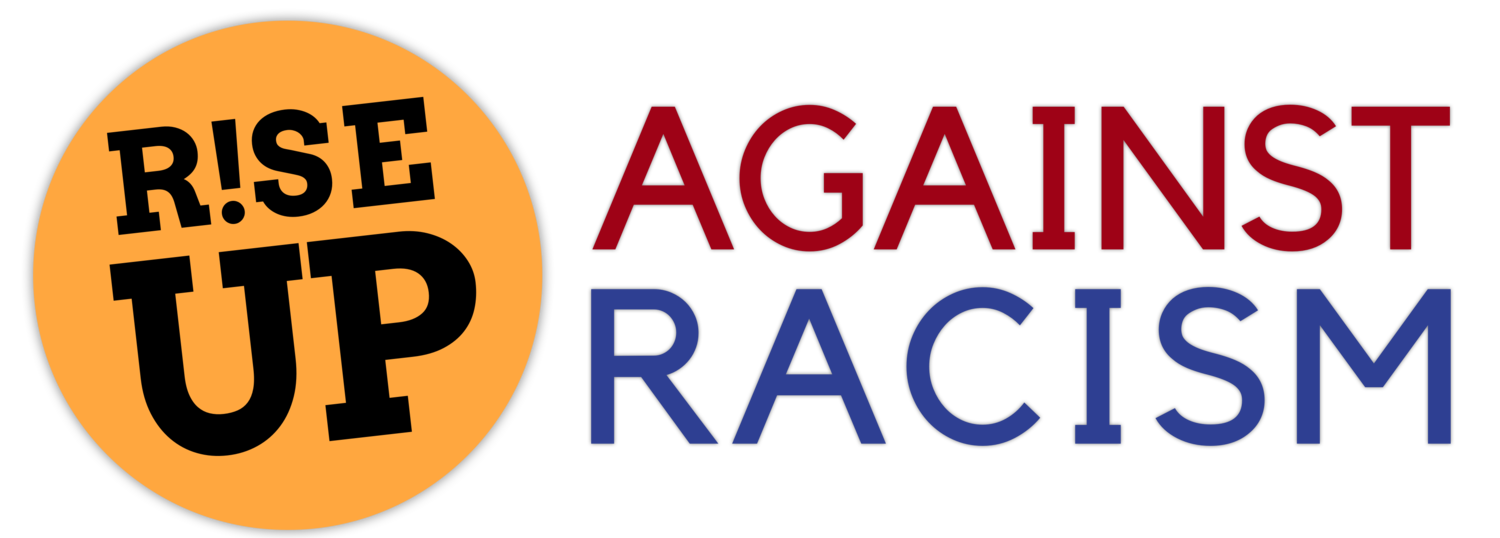How to Talk to Children About The Capitol Insurrection
Resources for Parents and Teachers
Yesterday’s events were a frightening display of white supremacist terrorism and contempt for our democratic process brought on by unfounded conspiracy theories coupled with an urging for chaos by our President. How do we talk with our children and students about what unfolded in our Capitol? Creating spaces for conversation, reflection, understanding, and connection is paramount in these times. Below is a roundup of resources that will help equip parents, teachers, and community members with tools for initiating conversations and supporting young people in processing the events of January 6, 2021.
Sample Reflection Framework:
Providing time for children and students to share their observations, fears, and questions is vital. Utilizing a simple reflection framework can serve as a catalyst for discussion and give parents and teachers insights into their children’s understanding of yesterday’s events. Engaging in this work is ongoing. Acknowledging that can aid in both self-reflection and deeper discussions with students and children that go beyond the surface. This framework provides a pathway for conversations with students, youth, and community members alike.
What do you KNOW about yesterday’s events at the Capitol? How did you find out about what happened?
How do you FEEL about the events? Did you experience specific emotions as you engaged with news stories? How can I support you?
What do you WONDER about yesterday’s events? What questions do you have?
Facilitating conversations about the Capitol insurrection with young people must be accompanied by one’s own continual, internal interrogation of biases, power, and privilege. Nolan Cabrera’s TED Talk: White Immunity offers important insights to support this work.
Resources:
Facing History and Ourselves provides parents and educators with tools for supporting students in their understanding of racism and injustice. Students are presented with rich historical context and make connections to contemporary events while developing skills to be agents of change. The organization has created a powerful resource: Responding to the Insurrection At The Capitol which includes vital questions for self-reflection and guided activities to support young people in their understanding.
PBS Newshour Extra offers a video summary of yesterday’s events paired with discussion questions. In addition, educators are provided with resources for engaging students in primary source analysis using photographs and speeches. The PBS Newshour Extra tools emphasize media literacy and offer students an opportunity to critically consider the differences between police treatment of those who invaded the Capitol yesterday versus treatment of protestors at other moments in recent history.
Many of the selections in our curated collection of antiracist books provide parents, educators, and community members with historical understandings of racism, uprisings, and white supremacy. This moment also invites conversations with our children about significant protests and models of courage. ENOUGH: 20 Protestors Who Changed America is a beautifully illustrated book that introduces young readers to some of the most effective and inspiring individuals who stood up to injustice and incited social change. We featured ENOUGH in one of our recent Sunday Storytime offerings.
Dr. Martin Luther King Jr.’s “I’ve Been To The Mountaintop” speech offers us all a powerful call to action in these challenging times: “Let us rise up tonight with a greater readiness. Let us stand with a greater determination. And let us move on in these powerful days, these days of challenge to make America what it ought to be. We have an opportunity to make America a better nation.”
As we continue to navigate these difficult days, we understand that collective learning, self-reflection, and action is more important than ever. Rise Up Against Racism seeks to provide access to essential content and historical context for a better understanding of contemporary events as well as support community members, young and old, in their lifelong learning and commitment to antiracist work.



